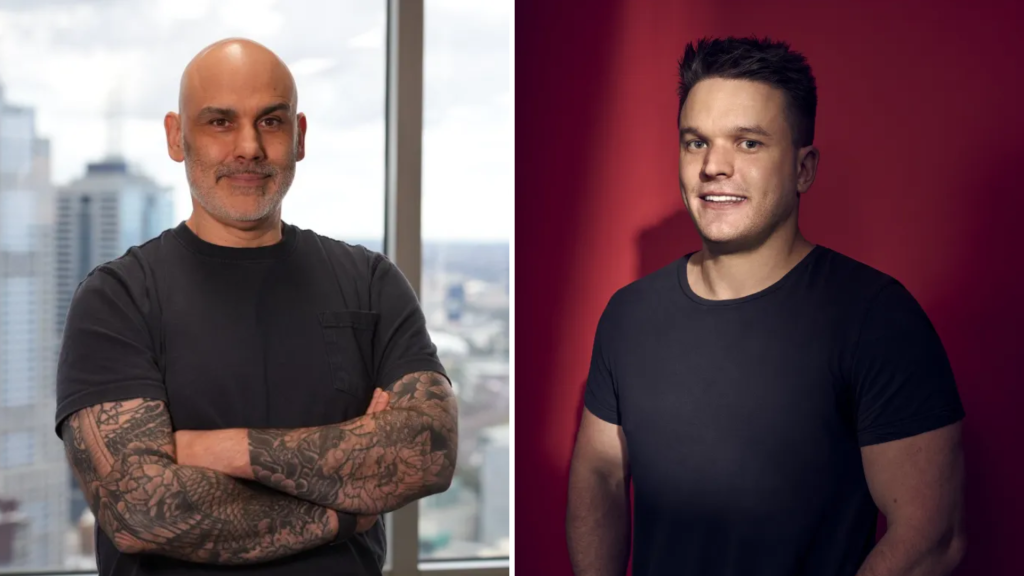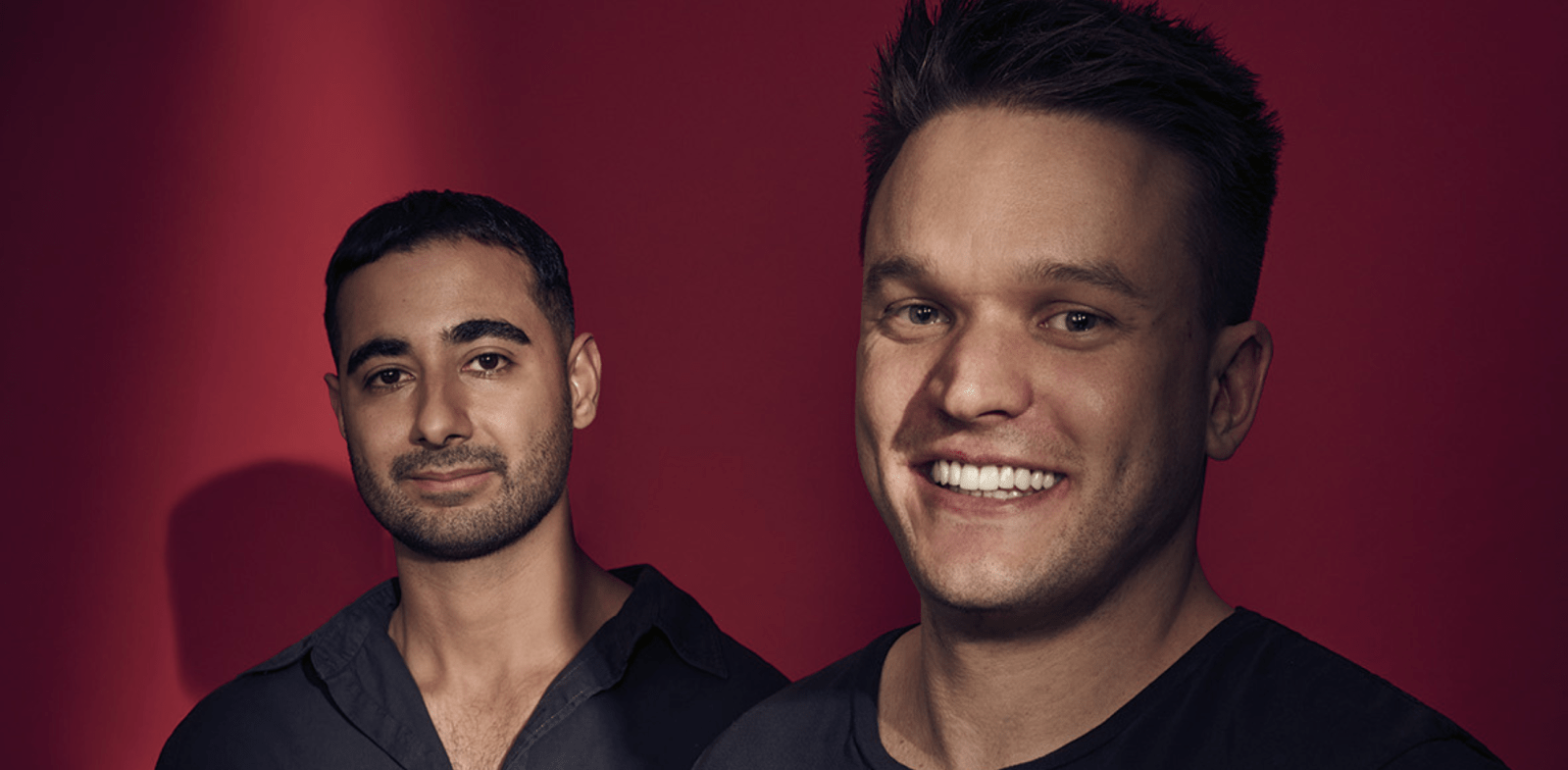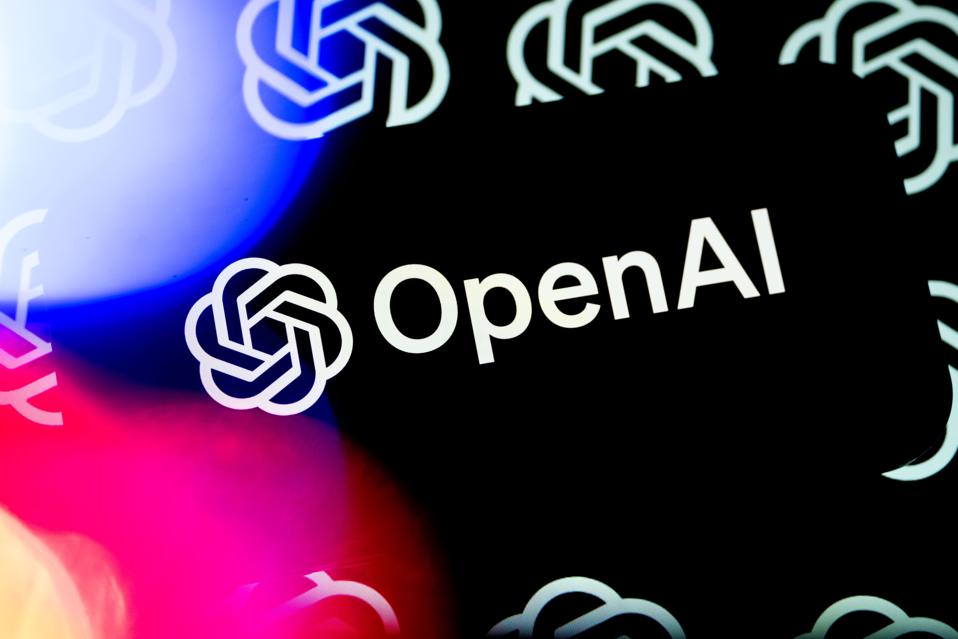China is home to DeepSeek, the US is home to OpenAI and Anthropic. Now, billionaire Stake founder Ed Craven and systems builder Dave Lemphers are building Australia’s own answer to a Large Language Model in Melbourne.

After spending a decade in the US building AI startups, Dave Lemphers is back in Melbourne, and on a mission – creating a sovereign LLM with Ed Craven.
“We’re targeting the end of this year to release our first fully trained-from-scratch, sovereign large language model built entirely in Australia on infrastructure we operate and control,” Lemphers tells Forbes Australia.
The “we” he speaks of, is a world-class team of technologists, committed to propelling Australian interests forward in the brave new world of AI.
“This will mark the first time an Australian team has trained a frontier-scale LLM end-to-end onshore,” says Lemphers.
Boomeranging back
The Melbourne-born machine learning master is no stranger to tackling big, complex tech problems. By age 22 he had built and sold his first robotics startup. In 2009, with a Juris Doctor in law under his belt and a job at Microsoft Seattle lined up, he moved stateside.
“I felt like I’d hit a ceiling in Australia. The opportunity to be at the forefront of these transformative technologies, that scale and ambition just wasn’t available in the Australian market at the time,” Lemphers says.
The Swinburne University and Monash graduate settled into Washington-state and became a founding member of the Azure engineering team. His early work in cloud computing led to a position in a Microsoft machine learning R&D lab. By 2009, Lemphers was a principal engineer specialising in natural-language programming, and the author of multiple AI patents.
He left Microsoft in 2010 and became the director of Cloud Computing and Saas at PWC in Silicon Valley. By 2018, a decade after Lemphers left Melbourne, he was the CTO in-residence at Techstars in Austin, Texas.
Between those gigs, Lemphers founded and sold three AI startups. In 2019, the Texan transplant felt the pull of his homeland luring him back.
“I was in the process of exiting my startup, Code Pilot, to AngelList. It gave me the flexibility to choose where I wanted to be and home was calling. I had accomplished everything I’d set out to do in the US and then some,” he says.

Now, he’s leading an all-star cast at the Ed Craven-invested, Melbourne CBD-located sovereign AI startup, MainCode. A part of its power, Lemphers says, is independence.
“Maincode is privately owned and sovereignly funded, with Ed Craven as the majority investor. We’re building long-term capability with long-term commitment, and that includes how we finance the company,” says Lemphers.
Multi-million dollar investment
MainCode’s CEO met Craven in Melbourne after moving back to his hometown. He was the Chief Technology Officer of Craven and Bijan Tehrani’s EasyGo – the parent company of Stake.com and Kick – before leaving in November last year to spearhead MainCode.
“I’ve spent over 20 years as an applied data scientist, inventor, and systems builder focused on large-scale distributed AI,” says Lemphers. “Except for Amanda, the entire team is based in Melbourne, and we’re all deeply committed to building sovereign AI capabilities for Australia.”
‘Amanda’ is computer-science PhD Dr Amanda Baughan, a former Google and Allen Institute for AI researcher, who lives in Seattle. Working alongside the Washington-state-based frontier AI model expert, are University of Melbourne PhDs Dr Fabian Waschkowski and Dr Lukas Wesemann, and RMIT PhD Dr Sara E. Rodríguez Gómez.
Assembling talent and building an enormously expensive LLM from scratch takes deep pockets. When asked the estimated cost of the project, Lemphers declines to give specifics, but says MainCode has downstream benefits to the Australian tech ecosystem, beyond what first meets the eye.
“It’s a multi-million dollar investment, both now and over the long term. But it’s also an investment in brain gain. We’re building an environment where Australia’s best emerging AI talent can do the most important work of their careers with high agency, real ownership, and access to the tools they need to move fast,” says Lemphers.
‘If you don’t own the main code, you don’t own the system’
“We’re deploying the very latest infrastructure, GPUs, storage, and training pipelines on sovereign Australian soil in Australian data centres. We’re not renting someone else’s system. We’re building our own from first principles. That requires capital, and we’re investing accordingly.”
The importance of Australia developing sovereign AI is embedded into the name, Lemphers says.
“We called it Maincode because in any program, the main function is the core. It’s where everything starts and where control lives. That’s how we think about sovereign AI. If you don’t own the main code, you don’t own the system. In a world where most companies are wrapping someone else’s API or fine-tuning foreign models, we believe Australia needs to own the main code of its AI future,” says Lemphers.
That philosophy permeates all decisions made in the company, according to the CEO.
“Own every line, borrow nothing, and build from first principles. From metal to model, we’re delivering the critical part of the stack, the part that actually runs the show.”
Dave Lemphers
The end-game is a secure and transparent way to access the power of LLMs without the risks of relying on overseas platforms such as the US’ OpenAI, Anthropic, and China’s DeepSeek, Lemphers says. Not only do those platforms present a data privacy risk, they can potentially lead to what is known as invisible model contamination.
“Embedded bias or toxic training data from upstream sources quietly influences downstream decisions. These systems don’t just answer questions, they shape judgment, logic, and strategy,” says Lemphers.
“That means they can also introduce risk, bias, or even fraud vectors into workflows without anyone noticing. A sovereign model gives us the ability to train from scratch, know what’s inside, and ensure safety, alignment, and accountability from the ground up for Australia’s businesses, government, and citizens.”
A safer AI choice for Australians
MainCode research shows sensitive commercial, operational and customer data is increasingly being fed into ChatGPT and other foreign-owned LLMs. Over the coming years, Lemphers wants Australians to have a choice on what AI-system they plug their information in to.
“Australians can use AI built with local values, under local laws, designed to serve local interests. It ensures Australian businesses and their employees have access to safe, managed, and sovereign AI tools so they’re not forced to depend on foreign APIs or risky, ungoverned RAG pipelines.”

The time to capitalise on AI as a hyper-value-add technology is right now, Lemphers says. His experience being at the forefront of the last two major tech breakthroughs has shaped his perspective on the sovereign opportunity.
“I was able to be at the start of cloud computing for Microsoft, super early into AI. We have a chance to create not only an environment for top talent to do the best work of their lives here, but to be at the ground floor of the first net new industrial revolution Australia has seen since the mining boom.”
The returned expat wants to lead a homegrown LLM into that blue ocean.
“We’re building this to protect both the public and the commercial fabric of Australia’s AI future.”
Look back on the week that was with hand-picked articles from Australia and around the world. Sign up to the Forbes Australia newsletter here or become a member here.


